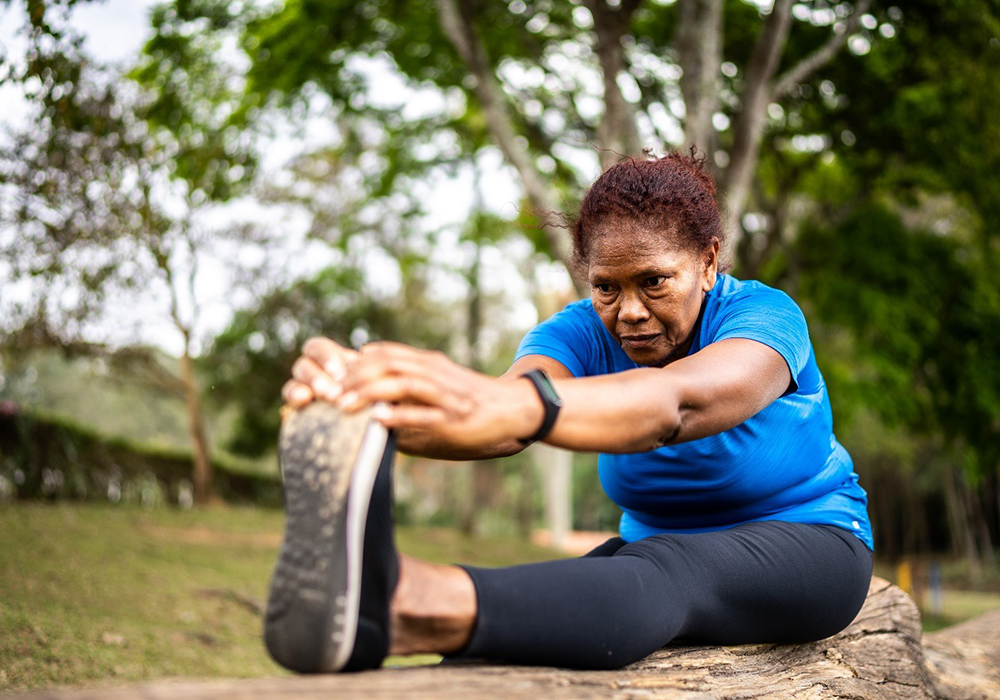More than twice as many of today’s cancer survivors say they’re experiencing functional limitations after their disease than those in 1999, according to study findings published in JAMA Oncology. The prevalence was also nearly twice as high as that reported in the general population, but it varied by diagnosis and was disproportionately higher among Black and Hispanic survivors.
Using data from the National Health Interview Survey, the researchers examined trends in 51,258 U.S. adult cancer survivors’ self-reported functional limitations from 1999–2018. Of the sample, 60.2% were female and 55.4% were at least 65 years old. The survey defined functional limitations as difficulty performing any of 12 routine physical or social activities, such as seeing, hearing, walking or climbing steps, communicating or understanding, remembering or concentrating, and self-care.
Over the 20-year evaluation period, the adjusted prevalence of cancer survivors self-reporting functional limitations increased from 57% to 70.1%. The largest increases were among survivors who self-reported as Hispanic and Black as well as those aged 55–64 years. By diagnosis, pancreatic (80.3%) and lung (76.5%) cancer survivors reported the most functional limitations and melanoma (62.2%), breast (61.8%), and prostate (59.5%) cancer survivors the lowest.
“It is reasonably likely to assume that at least some portion of this trend can be attributed to cancer treatment, which can take a toll on patients,” the primary study author said in a subsequent interview. “Moving forward, it will be essential to incorporate function as a core endpoint in clinical trials meant to evaluate the efficacy of novel therapies. Although survival is often prioritized as the most important outcome in clinical trials, for many patients, avoiding functional impairment is an equal if not greater priority than survival.”
Remaining physically active during cancer treatment can improve survivorship outcomes and quality of life. ONS’s Integrating Physical Activity Into Cancer Care book and course are evidence-based guides that oncology nurses can use to develop their confidence in discussing physical activity with their patients. Then, apply your learning as you use the ONS Get Up, Get Moving campaign teaching videos and toolkit directly in your practice.






